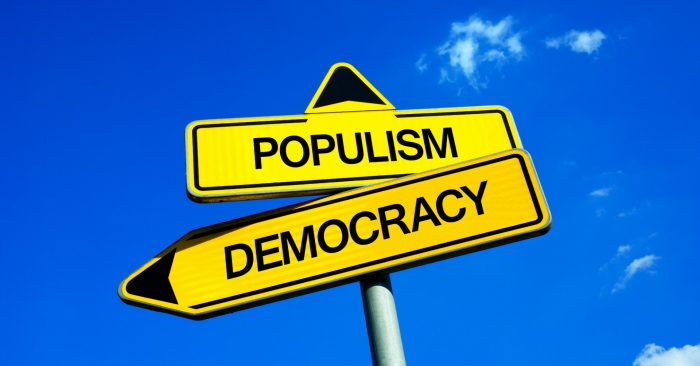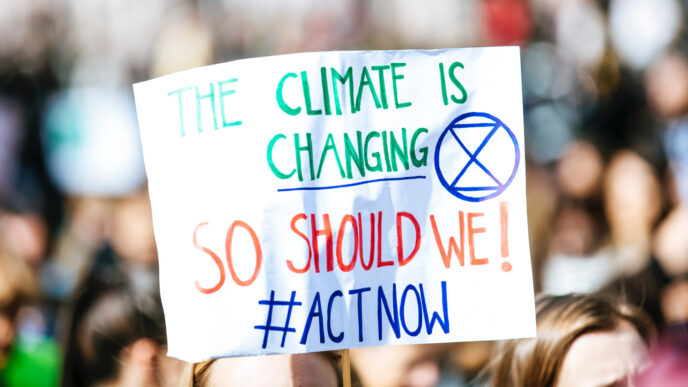Populism has emerged as a significant political force in the 21st century, reshaping democracies across the globe. By appealing to “the people” and challenging traditional elites, populist leaders and movements have gained substantial influence. While populism resonates with many, it also raises concerns about its long-term impact on democratic institutions and governance.
1. What Is Populism?
Populism is a political approach that claims to represent the interests of the common people against the elite or establishment. While populism can exist across the political spectrum, its core message often emphasizes nationalism, anti-elitism, and direct appeals to the public.
2. The Global Surge of Populism
In recent years, populist movements have surged in democracies worldwide. Examples include:
- Donald Trump’s presidency in the United States, emphasizing “America First” policies.
- Brexit in the United Kingdom, driven by anti-EU sentiments and nationalism.
- Jair Bolsonaro in Brazil, combining conservative values with anti-establishment rhetoric.
- Viktor Orbán in Hungary, promoting nationalism and illiberal democracy.
3. Drivers of Populism
Several factors have fueled the rise of populism, including:
- Economic Inequality: The growing wealth gap has left many disillusioned with traditional political systems.
- Globalization: Outsourcing, immigration, and cultural shifts have led to feelings of displacement among some populations.
- Technological Disruption: Social media and digital platforms amplify populist messages, bypassing traditional media.
- Mistrust in Institutions: Scandals and perceived inefficiencies in governments have eroded public trust.
4. Populism’s Appeal
Populist leaders often connect with citizens by addressing their fears and frustrations directly. Their rhetoric tends to focus on:
- Restoring National Sovereignty: Challenging globalization and multinational agreements.
- Anti-Elitism: Positioning themselves as champions of the “common people.”
- Simple Solutions: Offering clear, often oversimplified, answers to complex issues.
5. Positive Impacts of Populism
Populism isn’t inherently negative. In some cases, it has:
- Revitalized Political Participation: By engaging disenfranchised voters.
- Challenged Complacency: Forcing elites to address overlooked issues.
- Promoted Accountability: Highlighting institutional failures and inefficiencies.
6. Challenges and Risks
Despite its benefits, populism poses significant risks to democratic norms:
- Erosion of Democratic Institutions: Populists may undermine checks and balances to consolidate power.
- Polarization: Simplistic “us vs. them” rhetoric can deepen societal divisions.
- Threats to Press Freedom: Populist leaders often target media outlets critical of their policies.
- Weakening of International Cooperation: Nationalist policies can strain global alliances.
7. Case Studies: Populism in Action
- United States: Donald Trump’s presidency challenged established norms but also highlighted the strength of democratic institutions when resisted.
- India: Narendra Modi’s leadership combines populist rhetoric with economic reform, appealing to nationalist sentiments.
- Italy: Movements like the Five Star Movement showcase how populism evolves from grassroots movements to governance.
8. The Future of Populism
The trajectory of populism depends on:
- Economic Stability: Addressing inequality may reduce populist appeal.
- Institutional Resilience: Strong institutions can mitigate populism’s more extreme tendencies.
- Global Challenges: Issues like climate change and pandemics require cooperative solutions that populism often resists.
Conclusion
Populism reflects real frustrations and demands for change in modern democracies. However, balancing its appeal with the need to preserve democratic norms and institutions is crucial. As populism continues to shape politics globally, understanding its dynamics will be essential for fostering more inclusive and resilient democracies.













